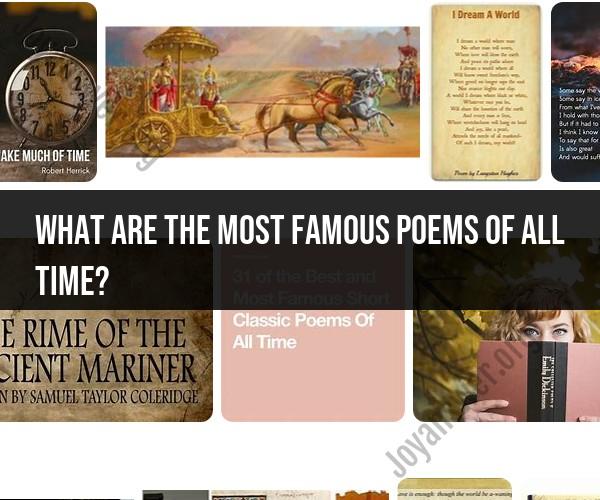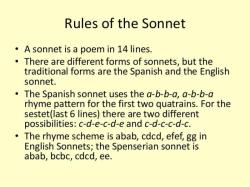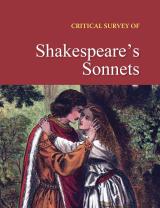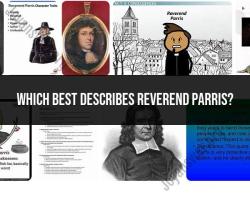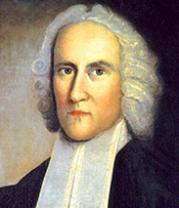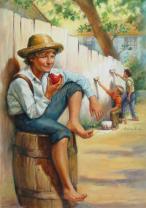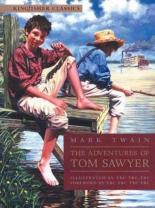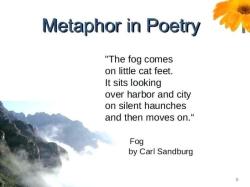What are the most famous poems of all time?
Determining the "most famous" poems of all time can be subjective, as it often depends on cultural and personal preferences. However, here is a list of some widely recognized and celebrated poems from various time periods and cultures that are often considered among the most famous:
"The Iliad" and "The Odyssey" by Homer: These epic poems from ancient Greece are foundational works of Western literature.
"The Divine Comedy" by Dante Alighieri: This epic poem is a significant work in Italian literature and tells the journey of Dante through Hell, Purgatory, and Paradise.
"Romeo and Juliet" by William Shakespeare: Shakespeare's sonnets and plays contain many famous poems, but the love story of Romeo and Juliet is one of his most iconic works.
"The Raven" by Edgar Allan Poe: A haunting and widely recognized poem that showcases Poe's mastery of the macabre.
"To be or not to be" soliloquy from "Hamlet" by William Shakespeare: This is one of the most famous passages in English literature.
"Ode to a Nightingale" and "Ode to a Grecian Urn" by John Keats: These are two of Keats' most celebrated odes.
"The Road Not Taken" by Robert Frost: A widely studied and quoted poem about choices and individuality.
"If—" by Rudyard Kipling: An inspirational poem that imparts valuable life lessons.
"The Waste Land" by T.S. Eliot: A modernist masterpiece known for its complexity and depth.
"Do not go gentle into that good night" by Dylan Thomas: A powerful villanelle about confronting death.
"The Love Song of J. Alfred Prufrock" by T.S. Eliot: Another influential poem by Eliot, exploring themes of self-doubt and alienation.
"Howl" by Allen Ginsberg: A landmark poem of the Beat Generation, known for its countercultural and free verse style.
"Stopping by Woods on a Snowy Evening" by Robert Frost: A simple yet profound reflection on life and duty.
"If You Forget Me" by Pablo Neruda: A renowned love poem by the Chilean poet.
"The Charge of the Light Brigade" by Alfred, Lord Tennyson: A stirring narrative poem that recounts a heroic military charge during the Crimean War.
These are just a few examples, and there are many more famous poems across different cultures and time periods. The most famous poems are often those that have had a lasting impact on literature and continue to be studied and appreciated for their depth, beauty, and significance.
Exploring the Timeless Beauty: Most Famous Poems of All Time
Poetry is a timeless art form that has the power to move, inspire, and teach us. Some poems have become so famous that they have transcended time and culture, resonating with people all over the world for generations.
Here are a few of the most famous poems of all time:
- Sonnet 18 by William Shakespeare
- The Raven by Edgar Allan Poe
- Because I Could Not Stop for Death by Emily Dickinson
- O Captain! My Captain! by Walt Whitman
- The Road Not Taken by Robert Frost
- Howl by Allen Ginsberg
- The Second Coming by William Butler Yeats
- Ode to a Nightingale by John Keats
- Stopping by Woods on a Snowy Evening by Robert Frost
- Do Not Go Gentle into That Good Night by Dylan Thomas
- I Wandered Lonely as a Cloud by William Wordsworth
- If by Rudyard Kipling
These poems are famous for a variety of reasons. Some are known for their beautiful language and imagery, while others are admired for their powerful emotions and insights into the human condition. Many of these poems are also famous for their historical significance, reflecting the social and political issues of their time.
Iconic Poems That Have Left a Mark in Literary History
Some poems are so iconic that they have become part of our cultural fabric. These poems are often quoted and referenced in popular culture, and they have had a profound impact on the way we think about language and literature.
Here are a few iconic poems that have left a mark in literary history:
- The Odyssey by Homer
- The Divine Comedy by Dante Alighieri
- Hamlet by William Shakespeare
- Leaves of Grass by Walt Whitman
- Moby-Dick by Herman Melville
- Ulysses by James Joyce
- The Waste Land by T.S. Eliot
- Howl by Allen Ginsberg
- I Have a Dream by Martin Luther King, Jr.
- Still I Rise by Maya Angelou
- The Love Song of J. Alfred Prufrock by T.S. Eliot
- The Second Coming by William Butler Yeats
These poems are considered to be masterpieces of literature, and they continue to be studied and admired by readers around the world.
The Poetry Classics: Must-Read Famous Poems
If you are new to poetry, or if you are looking for a place to start exploring the world of famous poems, here are a few must-read classics:
- Ode to a Nightingale by John Keats
- Stopping by Woods on a Snowy Evening by Robert Frost
- Do Not Go Gentle into That Good Night by Dylan Thomas
- I Wandered Lonely as a Cloud by William Wordsworth
- If by Rudyard Kipling
- The New Colossus by Emma Lazarus
- Invictus by William Ernest Henley
- Hope is the thing with feathers by Emily Dickinson
- Mother to Son by Langston Hughes
- The Highwayman by Alfred Noyes
- Casey at the Bat by Ernest Thayer
- The Raven by Edgar Allan Poe
- The Love Song of J. Alfred Prufrock by T.S. Eliot
These poems are all considered to be classics for a reason. They are well-written, thought-provoking, and emotionally resonant. They are also all relatively short and easy to read, making them a great place to start for new poetry readers.
